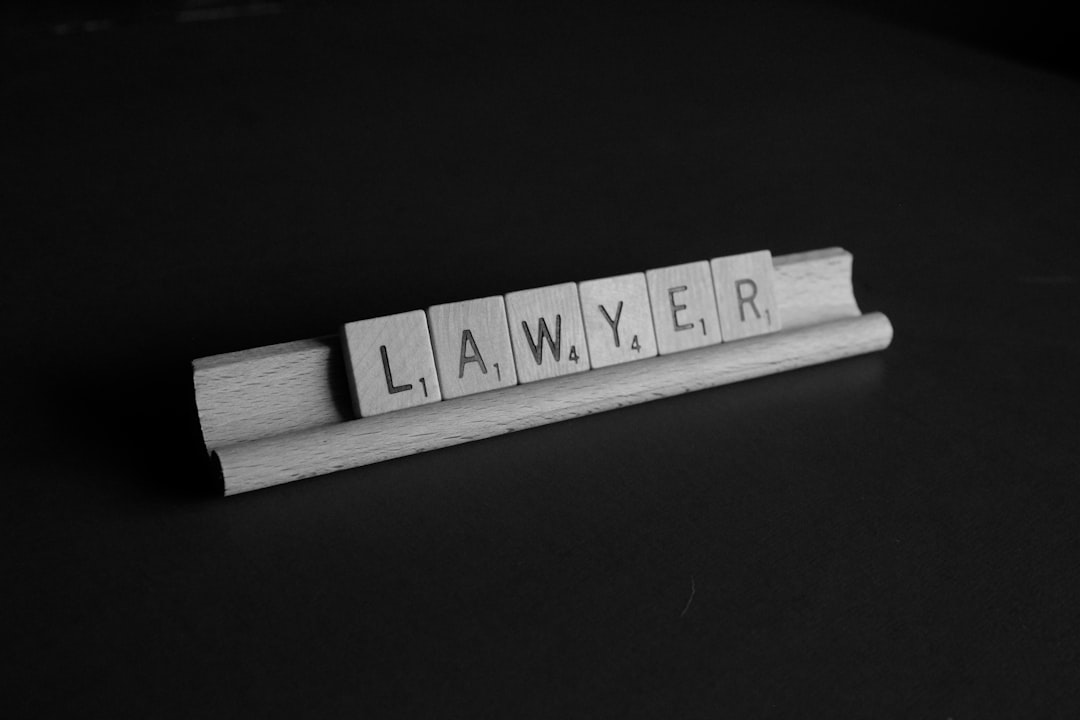In Austin, Texas, robust child abuse laws protect minors from physical, emotional, and sexual harm in both family settings and institutions like daycare centers. Daycare abuse law firms play a vital role by representing victims and holding perpetrators accountable. When selecting a daycare abuse law firm, focus on experienced specialists with proven track records, positive client testimonials, and successful case outcomes. These firms ensure justice for victims and prioritize their recovery while upholding community safety.
In Austin, Texas, the fight against child abuse requires vigilant legal representation. This article delves into the critical aspect of evaluating lawyer track records in childcare abuse cases, focusing on Austin’s legal landscape and specific regulations. We explore key factors to consider when choosing daycare abuse law firms in Austin, TX, such as experience, expertise, and client testimonials. Additionally, we share inspiring case success stories, highlighting the impact of competent legal counsel in securing justice for abused children.
Understanding Austin's Child Abuse Laws and Regulations

In Austin, Texas, child abuse laws are designed to protect minors from any form of physical, emotional, or sexual harm. The city’s regulations strictly prohibit neglect, intentional injury, and exploitative behavior towards children, whether in a family setting or within institutions like daycare centers. Daycare abuse law firms in Austin TX play a crucial role in upholding these standards by representing victims and holding perpetrators accountable.
Understanding the local laws is essential for both parents and legal professionals when dealing with child abuse cases. The state of Texas has established guidelines that define what constitutes child abuse, set penalties for offenders, and outline procedures for reporting suspected instances of maltreatment. These laws ensure that all parties involved are familiar with their rights and obligations, enabling effective navigation through the justice system.
Key Factors in Evaluating Daycare Abuse Law Firms

When evaluating daycare abuse law firms Austin TX, several key factors come into play. Firstly, consider the firm’s experience and specialization in handling child abuse cases specifically, as this ensures a deep understanding of the legal nuances involved. Look for attorneys who have successfully prosecuted or defended cases similar to yours, with a proven track record of positive outcomes.
The reputation of the daycare abuse law firms Austin TX is another crucial aspect. Research their standing in the local legal community and among former clients. Online reviews and testimonials can provide valuable insights into their professionalism, communication skills, and client satisfaction. Additionally, examining case results, including settlements or verdicts, will give you a clearer picture of their effectiveness in achieving justice for victims of daycare abuse.
Case Success Stories: Navigating Daycare Abuse Litigation in Austin TX

In Austin, Texas, where many families rely on daycare centers for their children’s safety and well-being, it’s crucial to have experienced legal representation when dealing with daycare abuse cases. Successful litigation in these sensitive matters often hinges on the expertise of daycare abuse law firms in Austin TX. These specialized lawyers know the local laws and regulations, as well as the intricacies of such cases, which can involve complex issues like negligence, medical malpractice, and civil rights violations.
By reviewing case success stories, potential clients can gain insight into how these firms have successfully navigated the challenges of daycare abuse litigation. This includes thorough investigations, strategic negotiations, and compelling courtroom presentations that prioritize the rights and justice for victims. The goal is to ensure that those responsible are held accountable, and that families receive the compensation they need for their children’s recovery. Daycare abuse law firms Austin TX offer a crucial service in protecting vulnerable individuals and fostering a culture of safety within the community.





